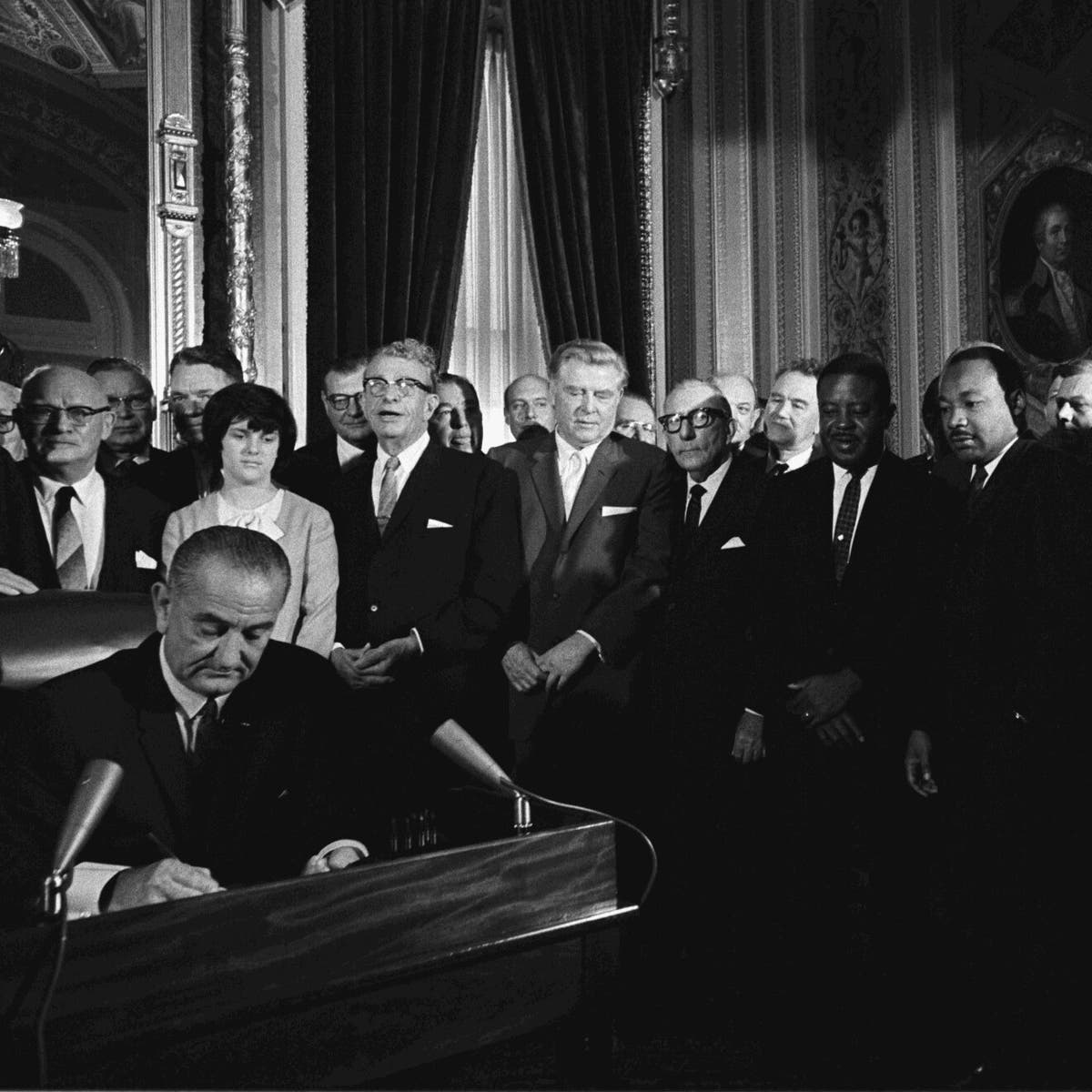The U.S. Supreme Court is once again examining the delicate balance between race-conscious redistricting and constitutional protections, this time in a high-profile Louisiana case. At the heart of the dispute is whether judges can require the creation of Black-majority congressional districts under Section 2 of the Voting Rights Act.
White challengers argue that Section 2 perpetuates “race-based thinking” in redistricting and fosters remedies long after intentional discrimination has ended. In a recent filing, they wrote, “It must end. It can end.”
On the other side, Black voters and civil rights groups maintain that race-conscious redistricting remains essential to protect voting rights. Lawyers defending the current district warned the Court against rolling back decades of progress. “The situation before the Voting Rights Act was a time when Black citizens and other voters of color were systematically excluded from political participation,” their brief noted. “No Black person sat in Louisiana’s legislature or congressional delegation during that era.”
Leading the arguments for Black voters is Janai Nelson, president and lead counsel of the NAACP Legal Defense Fund. She will face Louisiana’s state solicitor general, Scott S. Aguinaga, and others who seek to weaken Section 2 protections.
A key issue before the Court is Congress’ 1982 amendment to Section 2, which prohibits any practice that results in the denial of the right to vote on account of race. During a 2023 case in Alabama, Chief Justice John Roberts reaffirmed that while race awareness is permissible in districting, race-based motivation is generally not. “Section 2 itself demands consideration of race,” Roberts wrote, describing the creation of majority-minority districts as a “quintessentially race-conscious calculus.”
However, Roberts’ majority in that 2023 ruling was fragile. Justice Brett Kavanaugh declined to join the portion of the opinion addressing race-conscious districting, highlighting ongoing divisions within the Court. Justice Clarence Thomas has repeatedly signaled skepticism about Section 2, arguing that its enforcement may conflict with the Constitution’s guarantee of equal protection.
As the Supreme Court hears rearguments in Louisiana v. Callais, the nation watches closely. The decision could reshape how states draw districts and influence voting rights nationwide, potentially affecting the ability of minority communities to elect candidates of their choice.

